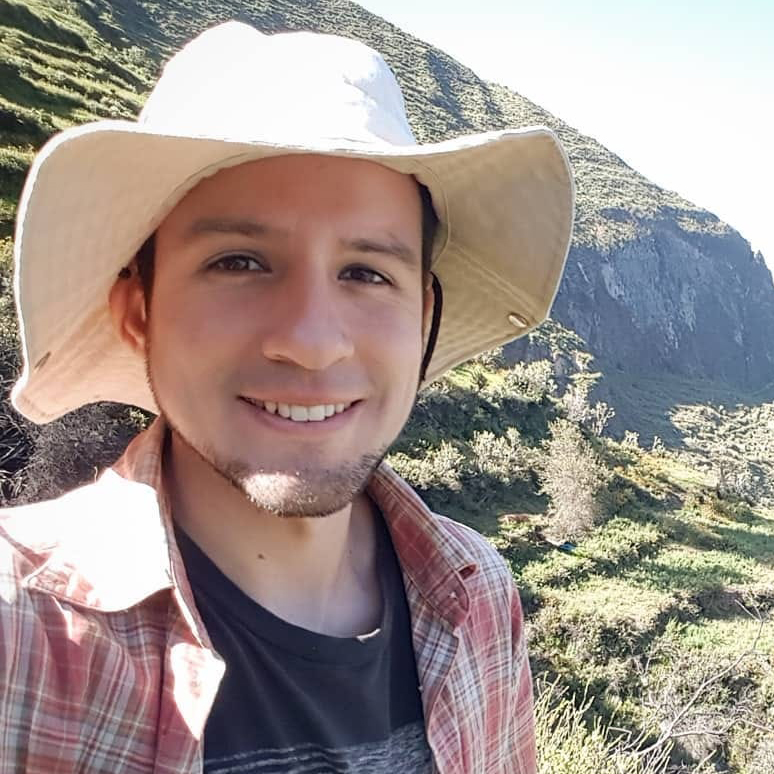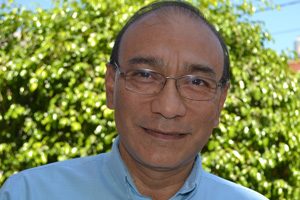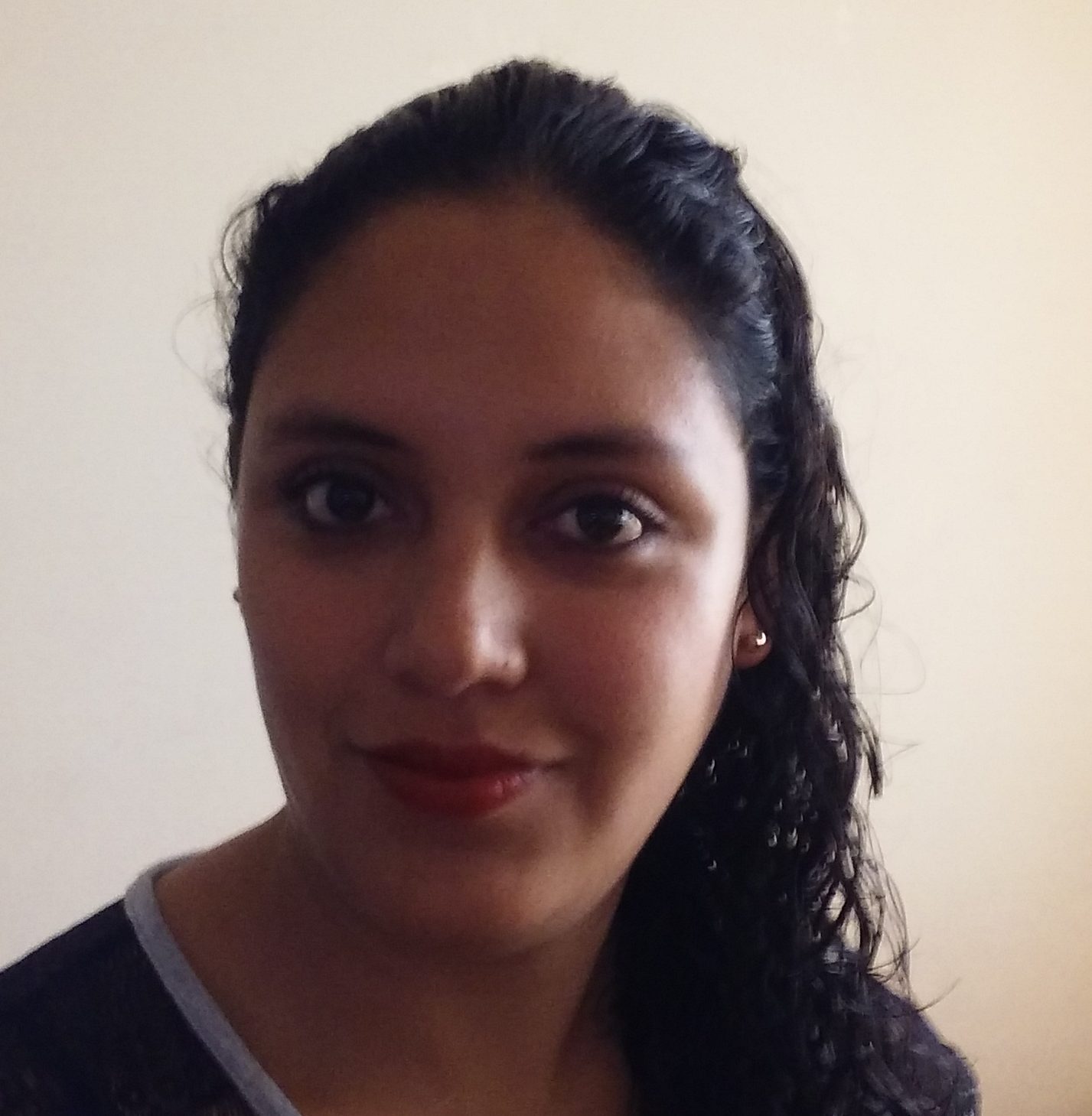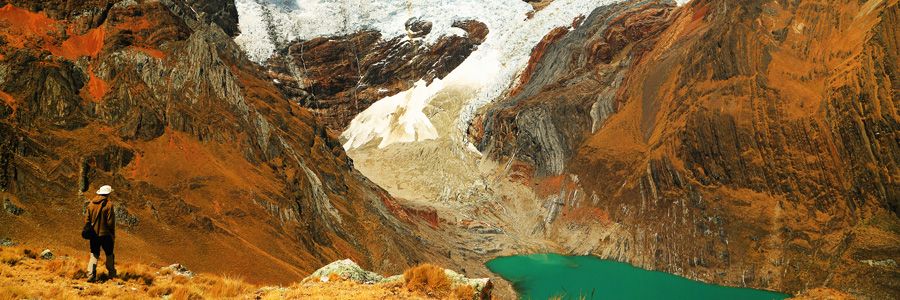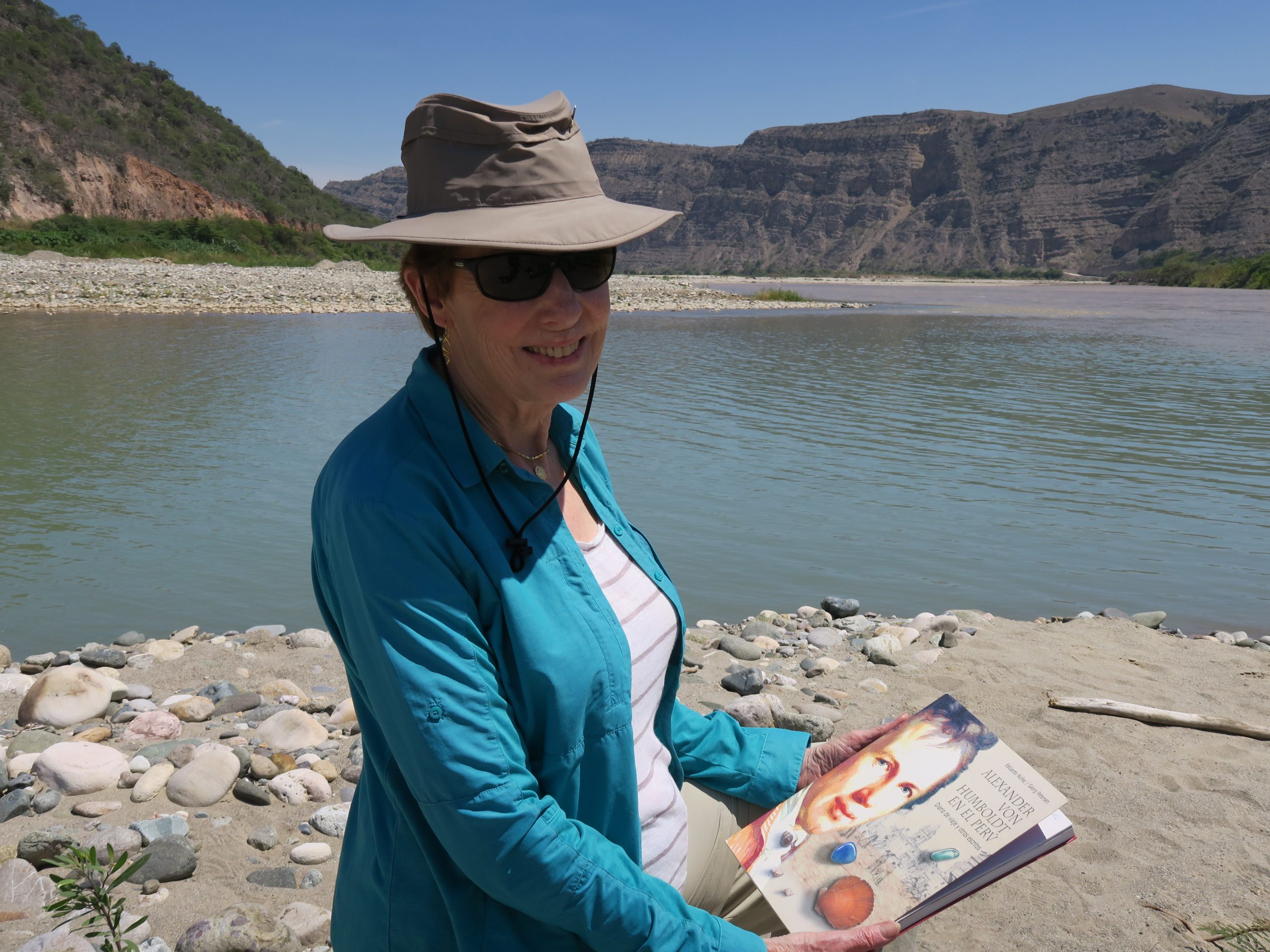
Sandra Nichols
Nichols is a cultural geographer dedicated to the environment, cultural patrimony and community welfare. She co-led “The Geography of Alexander von Humboldt: Yesterday and Today” expedition (IdM, 2019) and helped develop photographic exhibitions to call attention to an Andes-Amazonian region of great biological and archeological richness that is currently under great threat. Nichols produced television documentaries for more than 20 years, including the prize-winning documentary, “The Fragile Mountain” filmed in the Nepal Himalayas. She has researched and published on the relationship between environmental degradation and rural migration. Nichols is a member and ex-resident of the Society of Woman Geographers. She grew up in Lima, Peru and holds a Bachelors in anthropology (1967), a Masters in communication, both from Stanford, and a Ph.D. in geography from the University of California, Berkeley (2002).
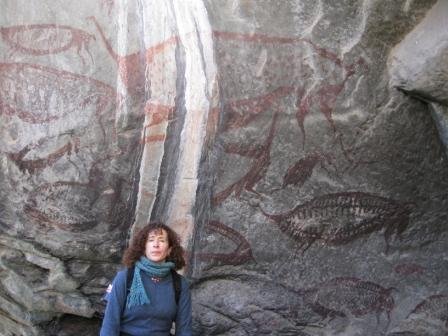
Miriam Torres
Torres is a forestry specialist with expertise in participatory management of natural protected areas and rural tourism projects managed by local communities. She worked for ProNaturaleza for six years and later was part of the Instituto de Montaña staff for 15 years, serving another five years as a consultant to the Instituto. Torres conducted the IdM projects that were directly related to supporting natural protected areas and rural community tourism. She was also responsible for leading the team based in Huaraz, Peru and the general administration of that office.
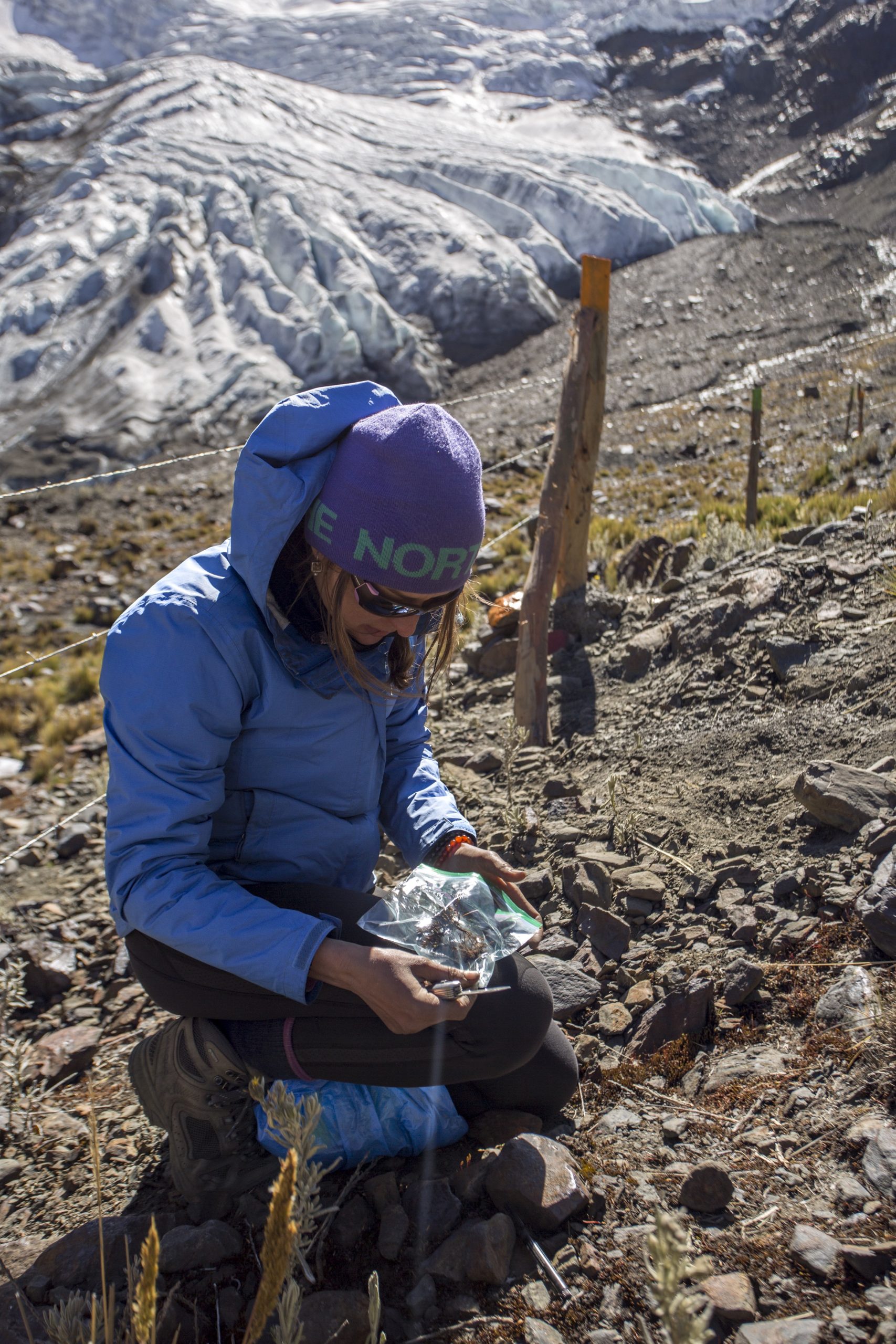
Anaïs Zimmer
Zimmer is a doctoral candidate in the Geography Department at the University of Texas in Austin. She is an agricultural engineer with a degree from the National School of Agronomy of Toulouse, France. Zimmer specializes in the conservation and management of natural resources. In collaboration with the Instituto de Montaña, her research aims to evaluate how the physical, ecological and social processes interact with landscapes at the margin of glaciers and how these factors foster adaptation strategies. After workiing with the French Institute for Development in Bolivia, where she studied plant colonization after glacial retreat, she joined the Instituto de Montaña en 2013. Zimmer was part of the “High Mountain Glacial Basins” program and later became part of the “Securing Mountain Water and Livelihoods” project (2014-2018). She also worked as a consultant on the “Scaling Up Mountain EbA.” (2018-2019).
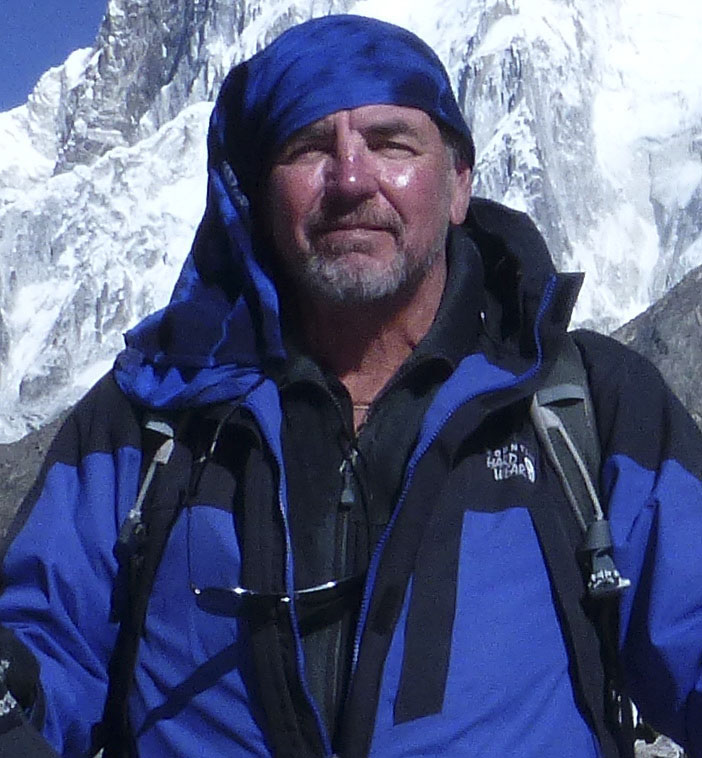
Alton Byers
Byers is a mountain geographer, conservationist and mountain climber specializing in applied research, highland ecosystems, climate change, glaciar risks and integrated conservation and development programs. He received his Bachelors in 1975 and Ph.D. in 1987 from the University of Colorado, Boulder. His doctorate was focused on landscape change, soil erosion and the vegetation dynamics in Sagarmatha National Park, Nepal. Byers joined The Mountain Institute (TMI) in 1990 as an environmental advisor, working as co-manager of the Makalu-Barun National Park. He founded TMI’s Himalayan Program and was the founder/director of TMI’s Andes Program and also served as director of TMI’s Appalachian Program. Byers founded and directed TMI’s Science and Exploration Program. In 2015, he joined the Institute of Arctic and Alpine Research (INSTAAR) at the University of Colorado, Boulder, as associate researcher and senior docent.
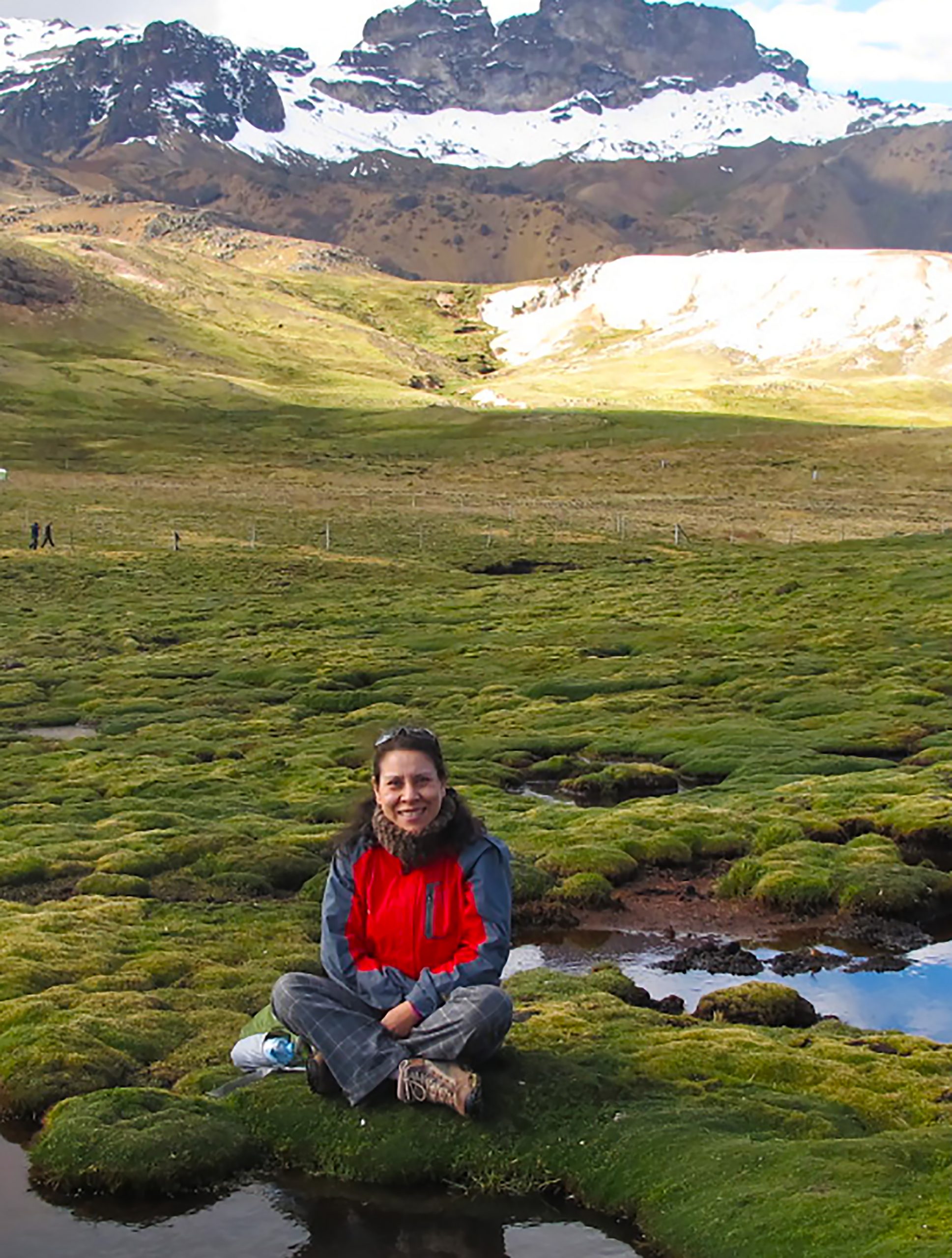
Gabriela López
López has her Masters in rural development from the National Center for Agricultural Studies for Tropical Regions (CNEARC), Montpellier, France and is a zootechnic engineer with a Bachelors in science from the National Agrarian University La Molina, Peru. She also was trained in governance for conservation and sustainable management of ecosystems in the United States, Bolivia and Italy. López has significant experience in conservation, rural development, climate change and ecosystem-based adaptation projects plus experience working with NGOs, the public sector and International Cooperation in the participatory management of fragile ecosystems. López also facilitates social processes for conservation and events to train rural and urban facilitators. She has coordinated and managed local and national projects, leading methodological and inter-institutional processes and has contributed to the design and development of participatory methodologies with mountain communities and local governments.
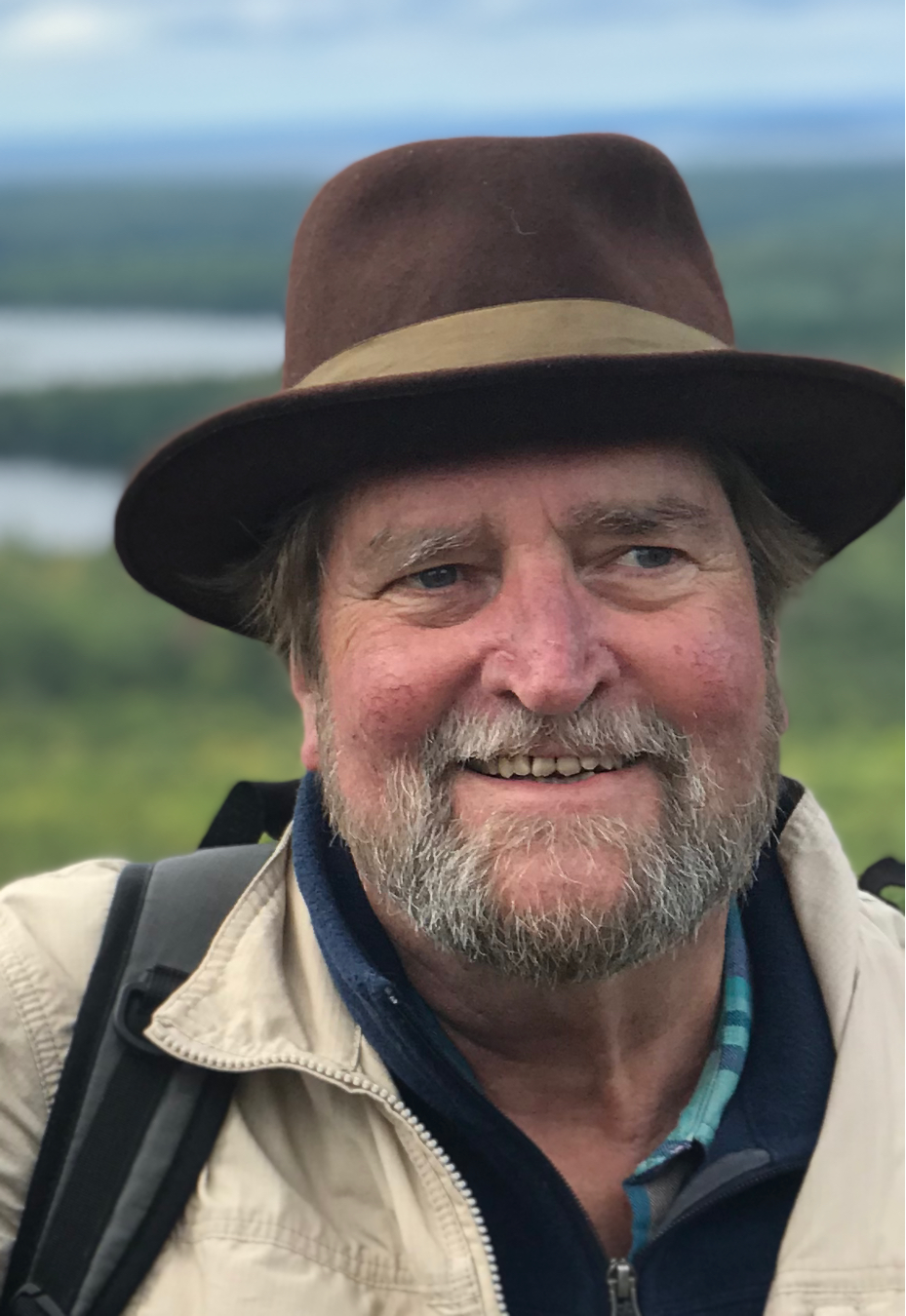
Gabriel Campbell
J. Gabriel Campbell was born, raised and worked most of his life in the Himalayas. Campbell received his BA and Masters from Wesleyan University and Ph.D. from Columbia University in Anthropology and Asian Studies; and Executive Management Certificate from Harvard University. International mountain policies, community natural resource management, cultural and biodiversity conservation and knowledge sharing have been the focus of his professional career as a researcher, practitioner, and manager. From 2000 to 2007, Campbell served as Director General of the International Centre for Integrated Mountain Development. He has been involved with The Mountain Institute since 1975, where he helped establish new national parks around Mt. Everest and Mt. Makalu in Tibet and Nepal and more recently served on the Board.
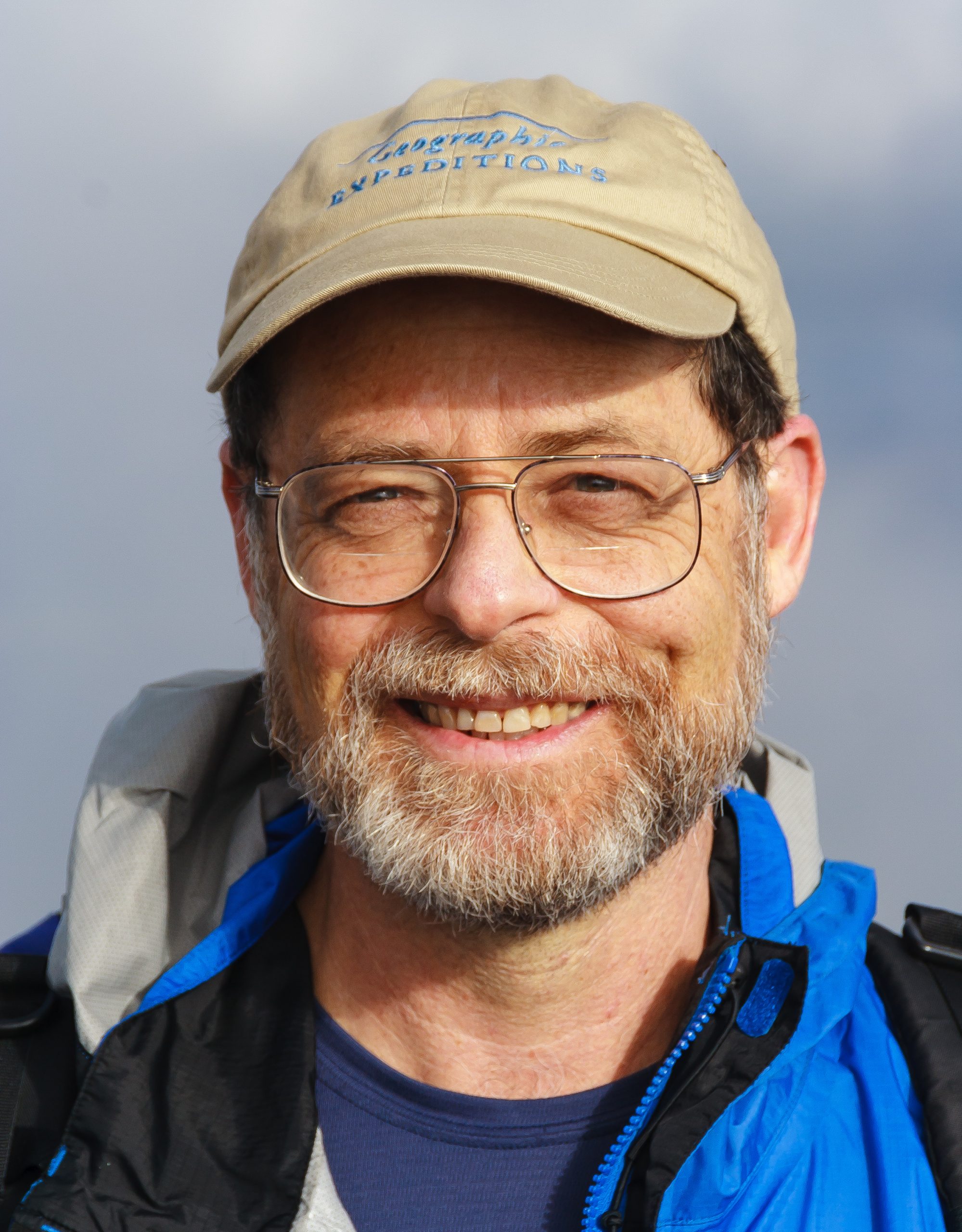
Ed Bernbaum
Bernbaum is a mountaineer, author, and student of comparative religion and mythology whose work focuses on the relationship between culture and the environment. His book “Sacred Mountains of the World” won the Commonwealth Club of California’s gold medal for nonfiction and an Italian prize for literature on mountaineering, exploration, and the environment. At The Mountain Institute (TMI), Bernbaum founded and directed the Sacred Mountains Program, developing interpretive materials with National Parks based on the cultural and spiritual significance of natural features in cultures around the world. He is currently Co-Chair of the IUCN Specialist Group on the Cultural and Spiritual Values of Protected Areas (CSVPA). Bernbaum has a Bachelors in mathematics from Harvard College and a Ph.D. in Asian studies from the University of California at Berkeley. He did additional graduate work in social psychology and anthropology at Harvard University.
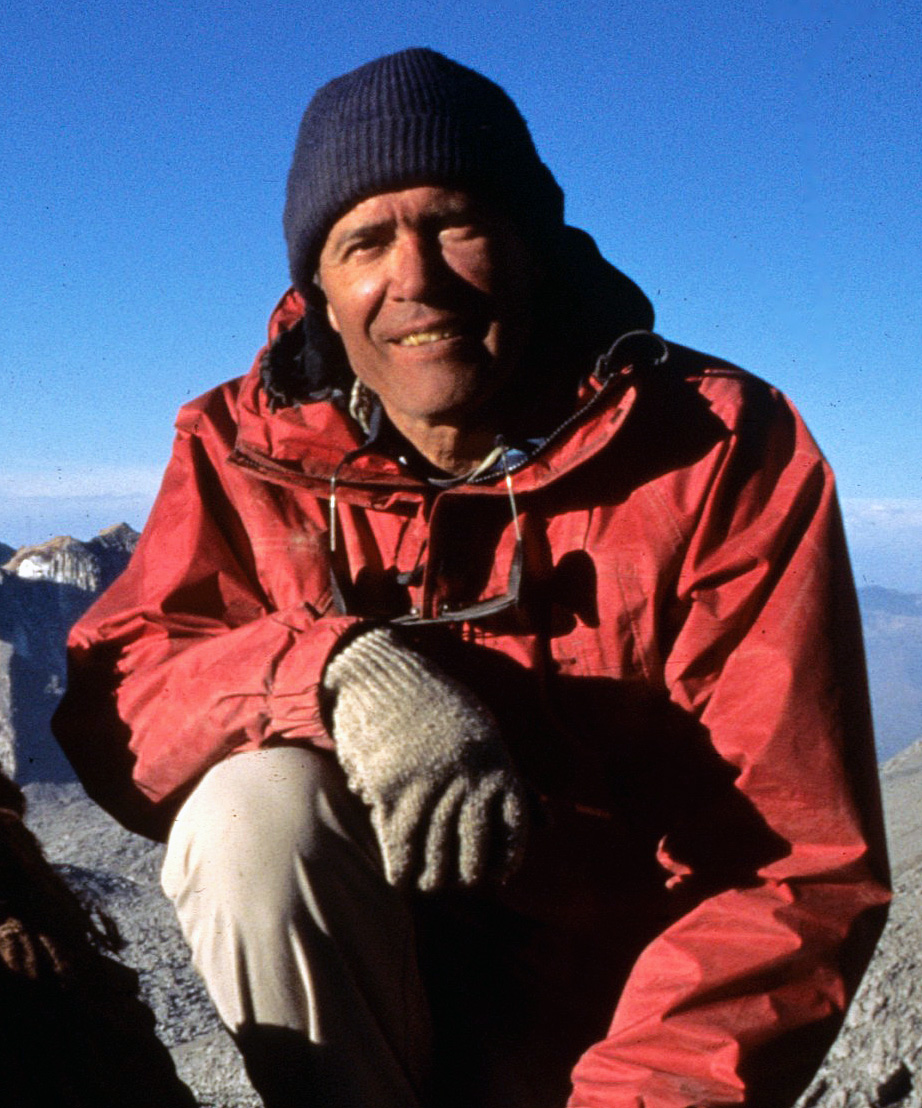
Johan Reinhard
Reinhard is was born in Illinois (USA) and began his undergraduate studies at the University of Arizona, before going on to receive his Ph.D. in Anthropology from the University of Vienna (Austria) in 1974. He conducted anthropological research for more than ten years in Nepal, specializing in culture change, sacred landscape, and shamanism, and also directed Nepal Peace Corps Training Projects. Since 1980 he has undertaken historical and archaeological research in the Andes focusing on sacred landscape and high-altitude archaeology. Museums have been built in three Andean countries to exhibit archeological material recovered during his expeditions. He was an Explorer-in- Residence at the National Geographic Society in 1997 and 1999-2008. He is currently a Research Professor at Future Generations University and has been a Senior Fellow of The Mountain Institute since 1992.
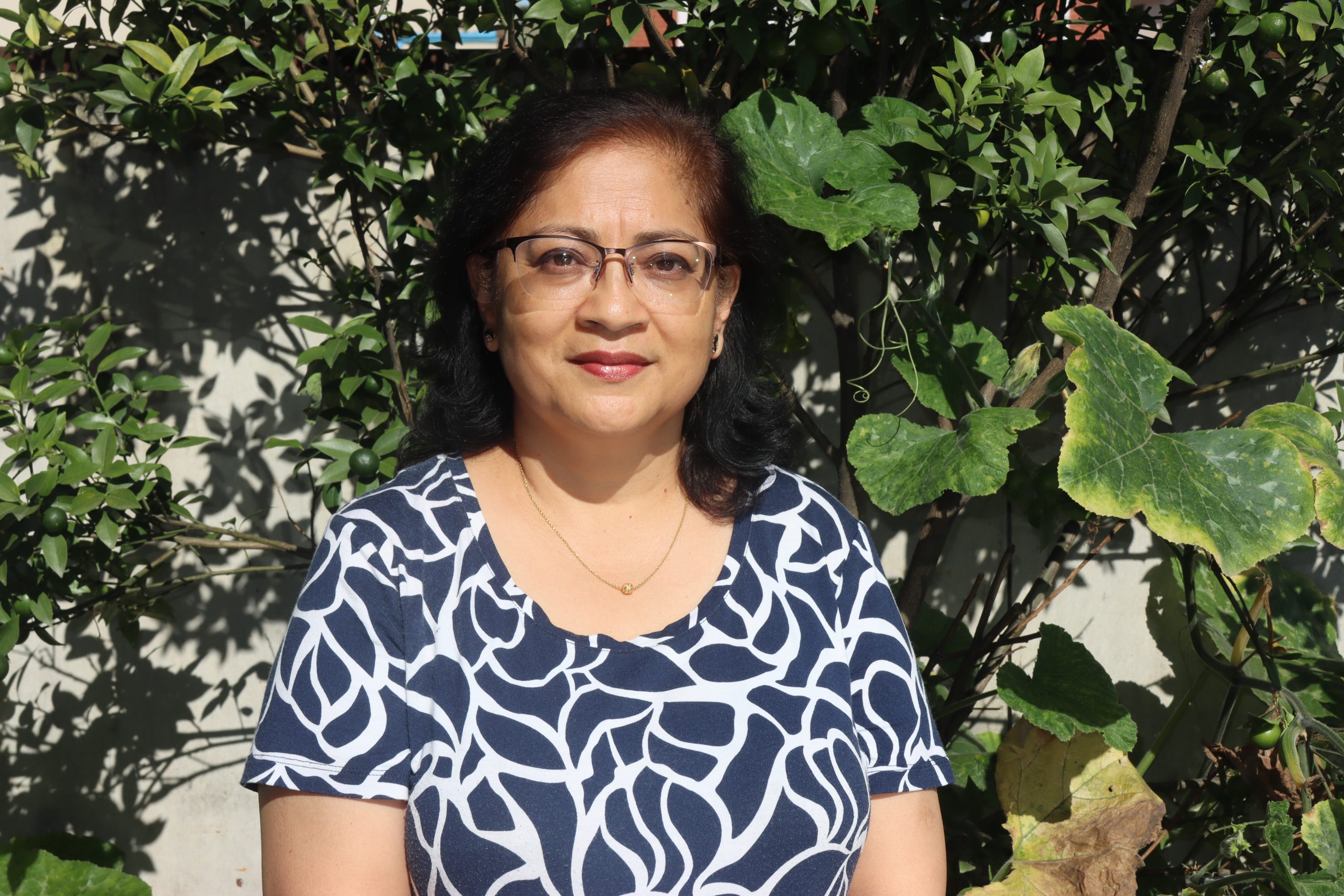
Meeta S. Pradhan
Meeta S. Pradhan’s very first professional job was with The Mountain Institute, supporting the
efforts of setting up the Makalu Barun National Park and Conservation Area in the eastern
Himalayas of Nepal. Many years later she headed the Himalayan Program of TMI from 2014-
2018. She has over 25 years of working experience in research and development sector in Nepal
and has an interdisciplinary background covering extensive technical and senior management
positions. She has also led various assignments for studies commissioned by several multi and
bilateral donors and has participated in several national, international and regional forums,
conferences and workshops, and presented papers on a wide area of topics focusing on the niche
role and opportunities of mountain communities and geographies, gender and good governance.
Her research explores various aspects of poverty, gender equality, social inclusion, and
community resilience. Meeta holds a PhD in Sociology from the University of Michigan and a
Master’s degree in Sociology from George Mason University, USA.
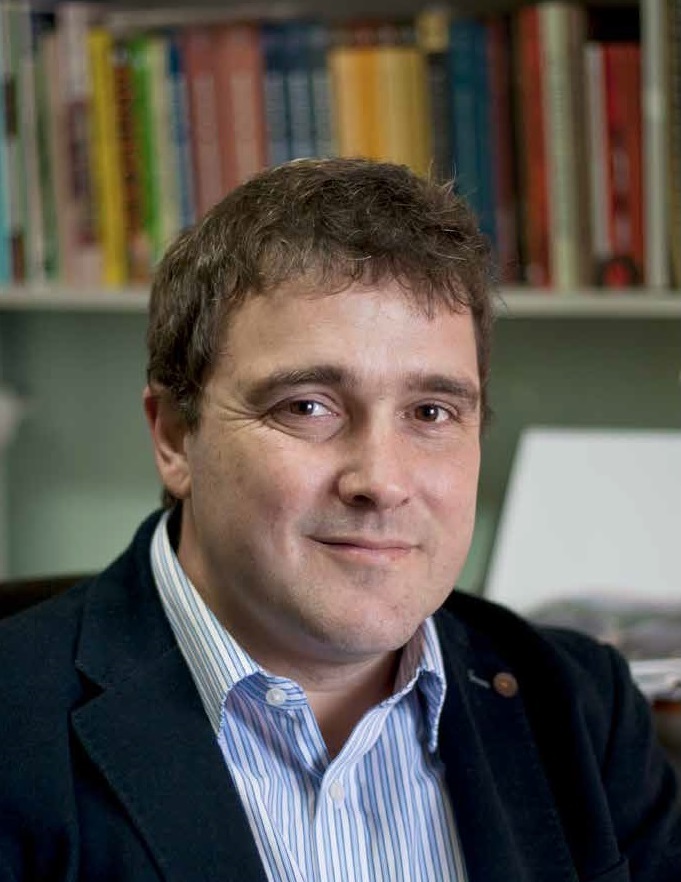
Kevin Lane
Kevin Lane completed his PhD in Andean archaeology at the University of Cambridge (2006). Subsequently he was a Leverhulme Early Career Fellow at the University of Manchester (2007-2009), a Sainsbury Visiting Research Fellow at the University of East Anglia (2010), as well as a Research Fellow of the prestigious Alexander von Humboldt Foundation (Free University, Berlin, 2011-2012), before co-directing a large Leverhulme Research Project (University of Cambridge, 2012-2015). He recently directed a project on ancient Andean mobility funded by the Gerda Henkel Foundation (2018-2022). He is currently director of the Gerda Henkel Foundation funded, High Altitude Andean Rehabilitation of Dams Project (HAARD) which recently restored a 1,200 year-old Prehispanic dam for modern use.Dr. Lane was the Government of Gibraltar Archaeological Officer (2014-2016), before his current research post at CONICET–UBA, Argentina. He specializes in historical archaeology and heritage management with interests in landscape archaeology, political ecology, ancient hydraulic technology, communities, identity and frontiers, especially the impact of European contact and colonization.
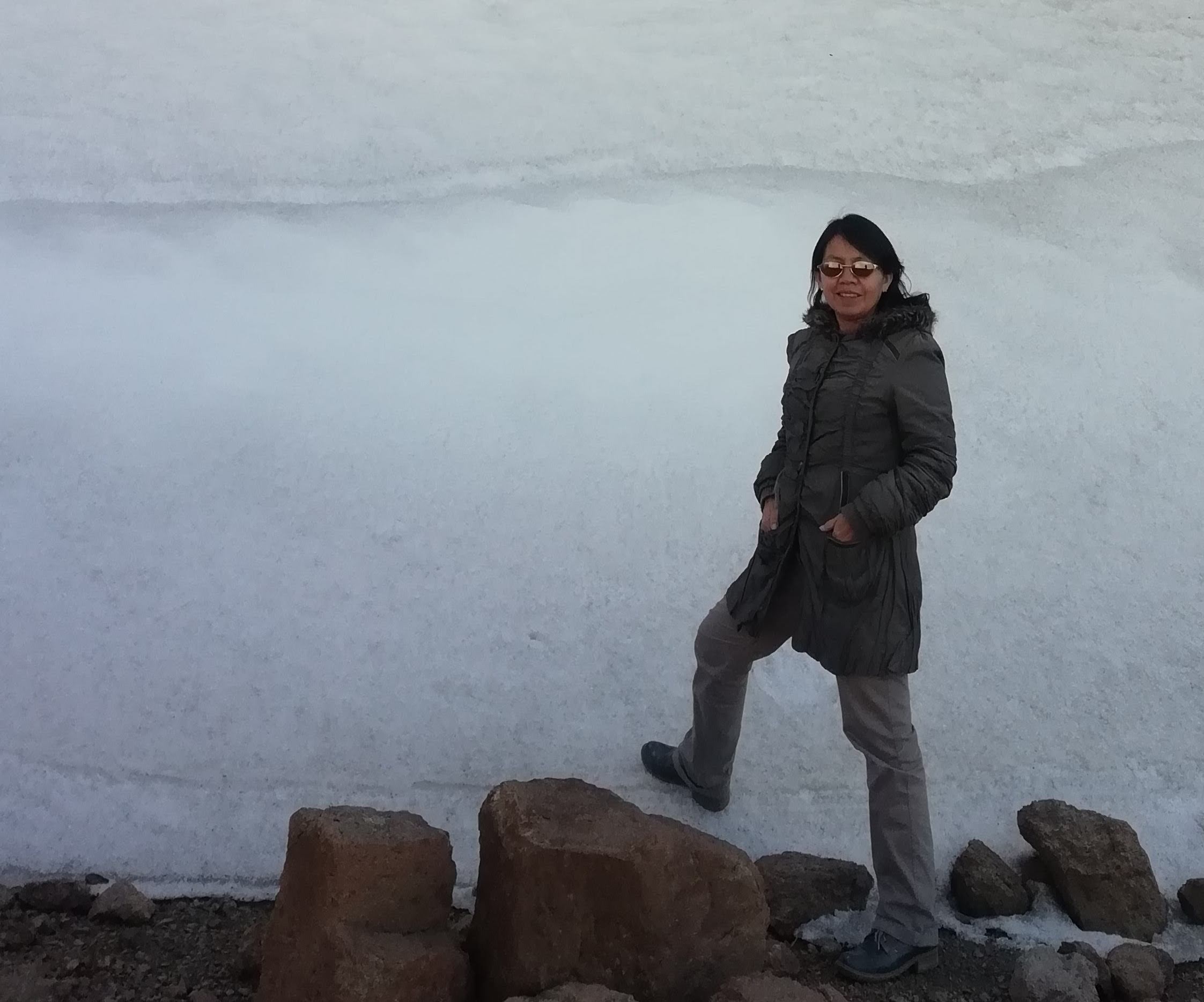
Mariela Rodriguez
Mariela Rodriguez is a social worker from the Pontificia Universidad Católica del Perú. She has extensive experience in implementing rural socio-economic development projects and strengthening community organizations. She has worked as a gender specialist in climate change adaptation projects financed by international cooperation in various watersheds in Peru and Colombia. She promotes innovative social change processes. She promotes experiences of co-creation of participatory tools and methodologies. With the Instituto de Montaña she was linked as a gender specialist in the projects “Securing water and livelihoods – Ancash” and “Women of the moors – Piura”. Lecturer at the Gender Summit 12.
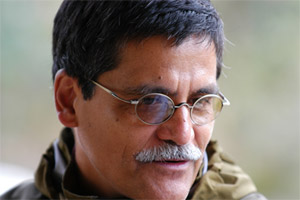
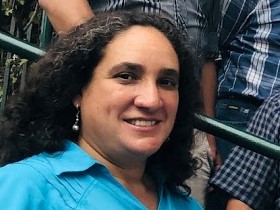
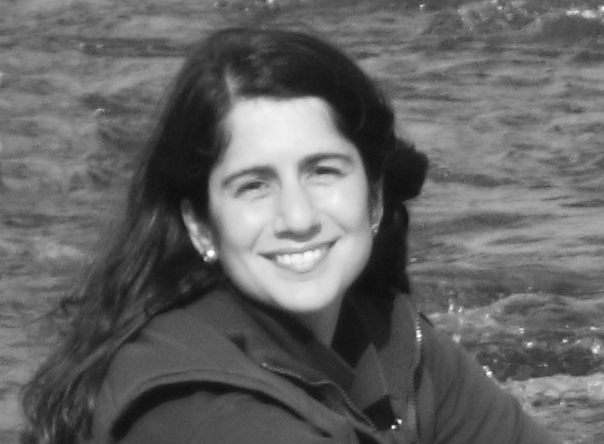
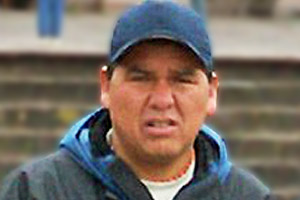
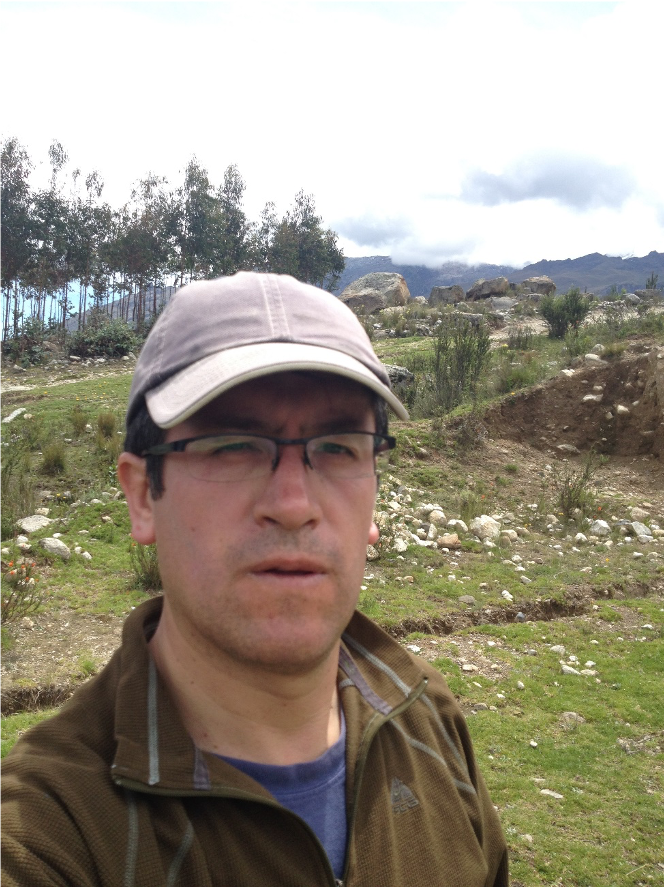
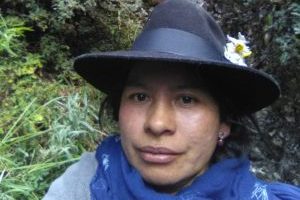 Participatory process facilitation specialist: Chavez is an educator who graduated from the University Alas Peruanas Peru (2005-2009) and from the Eleazar Guzmán Barrón Technological Institute as an agricultural technician. Since 2009 she has taken the lead role in building relationships with the rural communities where Instituto de Montaña works and is immersed in the research process. She has extensive experience in community outreach as part of her work with the Natural Pastures Users Committee, and is a specialist in forest ecosystem conservation, medicinal plants and recovery of conservation units. (PNH-2008-2007-1997.) Chavez has ample experience in the research and production of entomopathogens, knowledge and application of preventive medicine and diagnostic capabilities, treatment and control of animal diseases and pests, and plants as biocontrol. (SENASA 1998-2001 and 2003-2004.)
Participatory process facilitation specialist: Chavez is an educator who graduated from the University Alas Peruanas Peru (2005-2009) and from the Eleazar Guzmán Barrón Technological Institute as an agricultural technician. Since 2009 she has taken the lead role in building relationships with the rural communities where Instituto de Montaña works and is immersed in the research process. She has extensive experience in community outreach as part of her work with the Natural Pastures Users Committee, and is a specialist in forest ecosystem conservation, medicinal plants and recovery of conservation units. (PNH-2008-2007-1997.) Chavez has ample experience in the research and production of entomopathogens, knowledge and application of preventive medicine and diagnostic capabilities, treatment and control of animal diseases and pests, and plants as biocontrol. (SENASA 1998-2001 and 2003-2004.) 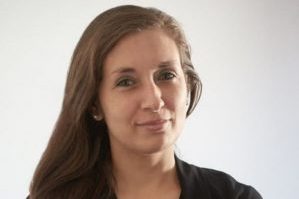 Environmental Economics Specialist: Mori has a PhD in Economics from the University of Graz (Austria) and a Master’s degree in Agricultural Sciences and in Resource Economics from the University of Bonn (Germany). She has experience in quantitative analysis of the impact of programs and public policies in agriculture, environment and climate change. She has worked for the Wegener Center for Climate and Global Change (Austria) and currently, she works as an independent consultant and professor in the Department of Economics of the Pontifical Catholic University of Peru (PUCP).
Environmental Economics Specialist: Mori has a PhD in Economics from the University of Graz (Austria) and a Master’s degree in Agricultural Sciences and in Resource Economics from the University of Bonn (Germany). She has experience in quantitative analysis of the impact of programs and public policies in agriculture, environment and climate change. She has worked for the Wegener Center for Climate and Global Change (Austria) and currently, she works as an independent consultant and professor in the Department of Economics of the Pontifical Catholic University of Peru (PUCP). 
